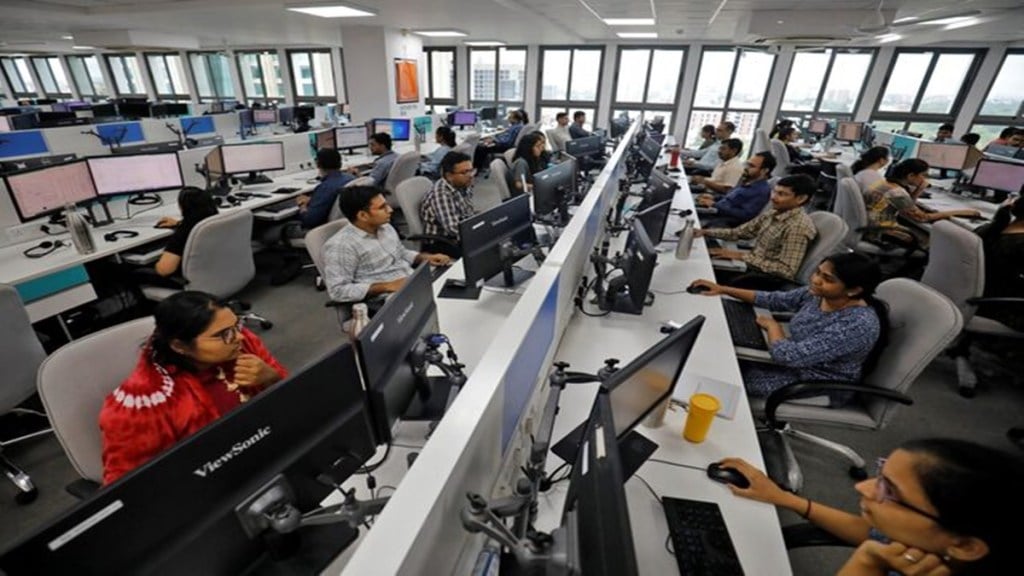The future of jobs and skills will be shaped by “Industry 4.0” technologies such as cloud computing, artificial intelligence, internet of things, robotics, environmental concerns, technological advancements, and evolving workforce dynamics, said the Future of Jobs in India 3.0 report by EY-FICCI. The report, while focussing on five sectors such as manufacturing, healthcare, infrastructure, FMCG and energy, has examined the changing trends in job market, and provide insights on reskilling and upskilling opportunities over the next 2-3 years for learners, trainers and employers.
For instance, the future of jobs in the manufacturing sector is poised to be shaped by roles that capitalise on advanced technologies. As per the report, 60% of respondents anticipate significant growth in jobs for AI and robotics technicians as well as IoT specialists while 40% foresee high demand for sustainable manufacturing engineers and digital supply chain analysts.
Similarly, AI is expected to have a profound impact on the healthcare sector, with 66% of respondents rating its future impact as high as 9 or 10 on a scale of 10. As of 2024, the Indian healthcare sector ranks among the country’s largest employers, providing jobs to a total of 7.5 million people. The advancements in telemedicine, virtual assistants and data analytics are anticipated to generate 2.7 to 3.5 million new jobs. “This industry is poised for significant job growth owing to the expansion of healthcare facilities and rising demand for healthcare services,” the report noted.
In the case of energy sector, the report said that 62% of employers are planning to expand their workforce during the first half of FY25. This anticipated growth is driven by the sector’s transition towards a low-carbon future, supported by increased capital expenditure, incentives for clean energy, and private sector investment.
Meanwhile, the infrastructure sector is undergoing a massive change with the adoption of industry 4.0 technologies. The sector is increasingly embracing technologies such as smart construction, digital infrastructure, and renewable energy solutions, which are set to drive both efficiency and sustainability in infrastructure development. On the other hand, the big government push for the infrastructure is set to boost the job growth in the sector, as per the report. For instance, the government has made substantial commitment to infrastructure development, significantly increasing the budget allocation to Rs 5 lakh crore for FY24, up from Rs 3.7 lakh crore in FY23.
The report further said that the issue of workforce resistance to AI/Gen AI adoption could be resolved by providing reskilling and upskilling training interventions. “AI has brought major disruption in existing job roles the need to equip first timers with skills related to sector specific technology requirements. This could be achieved by stronger collaboration between industry and academia for curriculum upgradation, apprenticeship/internship opportunities and faculty trainings,” the report adds.
